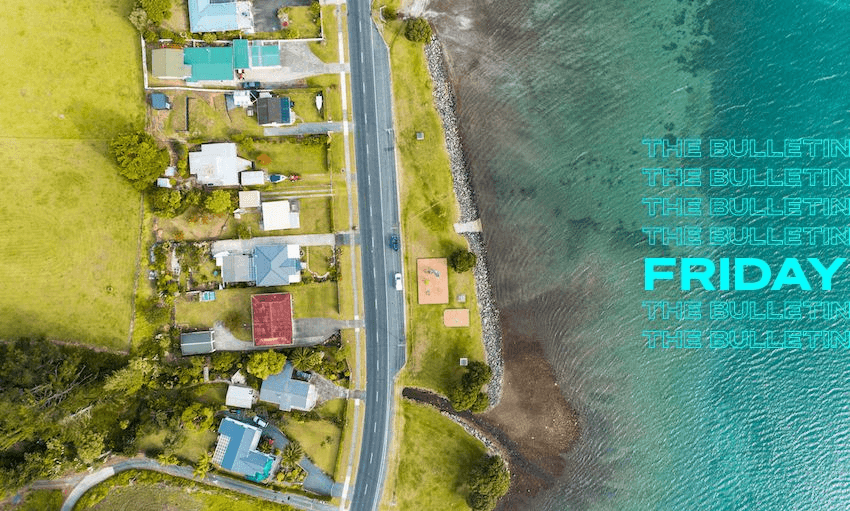New research about the fairness of insurance cost hikes for houses in areas adversely impacted by climate change shows a difference of opinion between homeowners and renters, writes Anna Rawhiti-Connell in The Bulletin.
New research shows gap between renters and homeowners on fairness of insurance hikes
I get mad at least once a week about my inability to use public transport to get to and from work. From where I live, it would be a multi-modal two to two and half hour commute back and forth. It’s a 23 minute drive one way, off peak. I live where I live because it was what was affordable at the time. The further out we went, the worse the public transport options got but the houses were cheaper. My own situation underscores the relationship between housing affordability and climate change action. New research from Anthem and Talbot Mills shows that homeowners were much more likely than renters to consider it fair for insurance premiums for properties in flood-prone areas to be rising faster.
Cost of flooding to homes to increase by 20%
The research was done to highlight the importance of fairness and reputation for companies like banks and insurance companies. Half of New Zealanders believe it is fair for insurance premiums for properties in flood-prone areas to rise but there’s an attitudinal gap between renters and homeowners, and younger people and older people. Younger people thought insurance premium hikes in flood-prone areas were unfair. The average annual cost of river flooding to residential buildings could increase by more than 20% by 2050, and 30% by 2100.
It will be harder to get a home loan
A majority of people of Kiwis think it is fair for banks to pull back lending for mortgages in high flood-risk locations, but again, a big gap appears between homeowners and renters in whether they regard that as fair. I read this as an indictment of house prices, rather than the attitudes of young people and renters about climate change. If you don’t already own a house, it’s going to get harder and more expensive because of our need to adapt to climate change. Insurers are already pricing flood risk into insurance premiums. New Zealand is going to mandate climate risk disclosures for companies from 2023. That will include banks.
The suburb where Costco was built
I swear this isn’t a false cover to wrangle Costco into the Bulletin but as it’s topical (the prime minister visited the store yesterday, sneak peak below), it provides a handy lead into a great story from the Herald’s Ben Leahy (paywalled) over the weekend. Leahy has profiled the suburb where the new Costco has been built. Westgate in Auckland’s north-west is booming and you can buy a two-bedroom, 79m2 home for $769,000, well below the average price for a home in Auckland. The cost of servicing a home loan is rising and you can see the appeal of Westgate to younger people, but the area also suffers from a lack of public transport putting younger people in the position of having to make trade-offs. It’s a great example of why younger people might hold a different view on the fairness of bearing the costs of adapting to climate change.


